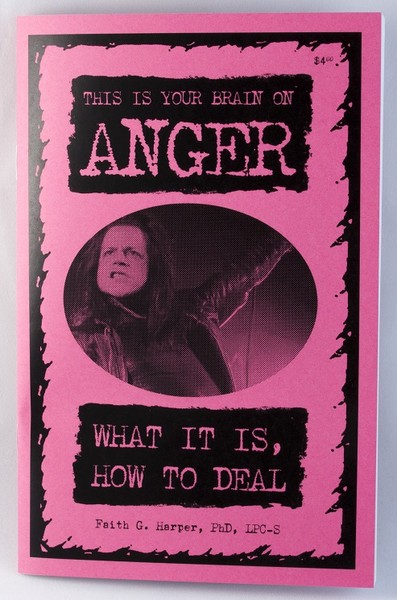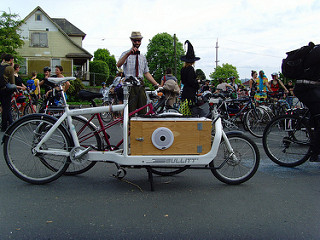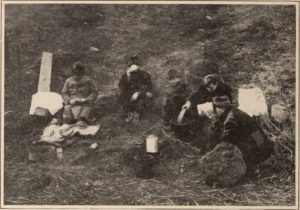Commute Diary #6: Problem solving by bike.
On my commute, I usually spend about equal amounts of time thinking about what’s going on around me (Is that car up ahead going to dart out in front of me? Whoa, that old park is now a construction site!, etc.) and thinking about *problems.* Problems can include anything from figuring out how I should have managed a difficult conversation to a tricky editing conundrum to worrying about all the people who used to sleep in the park that is now being converted to a huge new building. Not every problem can be solved, but when they can be the solution usually comes while biking.
I don’t know if it’s the repetitive motion, or the the passing landscape, or just the big block of time when I can’t even glance at a computer screen or device, but biking time is pretty much the best thinking time. Entire essays write themselves, negotiations become untangled, and perspective on everything gets clearer. When I get to work, I’m ready to rumble.
At least… sometimes that happens. On other commutes, I just get further mired in my thoughts, finding new ways to argue a point that’s already been won or lost in years past, finding new reasons to resent problems that were never actually that big a deal. Even so, when I get to work with such a disorganized brain, I’ve usually gotten whatever it is out of my system and am ready to go. Problem: solved by other means.
Remembering the years when I had no commute, except to stumble into my living room with a cup of coffee, I wonder how I worked anything out or got anything done. I also wonder, though, if it’s the same with any sort of commute. Is the time you spent driving, or on the bus, as productive? I know walking is—maybe even more so, for me at least. I’d like to hear how these things play out for everyone else.


 About a year ago, I was visiting my pal Davey’s bike shop (the recently exploded & then reopened
About a year ago, I was visiting my pal Davey’s bike shop (the recently exploded & then reopened  We just got back into town this past weekend, after a couple of weeks in California. In that short time, there is a noticeable increase in the number of camps, and the number of tents at established camps along our route to work. Biking past before 8am, the tents are silent and zipped up; in the evening, people sit outside, playing instruments, chatting, watching the world go by.
We just got back into town this past weekend, after a couple of weeks in California. In that short time, there is a noticeable increase in the number of camps, and the number of tents at established camps along our route to work. Biking past before 8am, the tents are silent and zipped up; in the evening, people sit outside, playing instruments, chatting, watching the world go by.